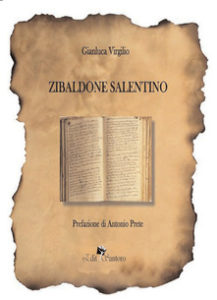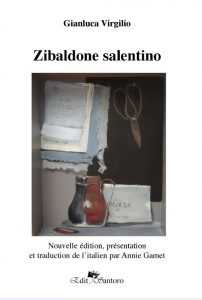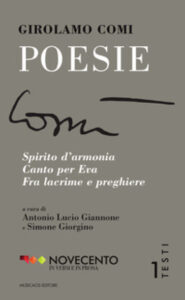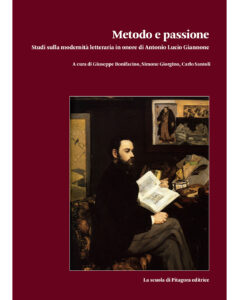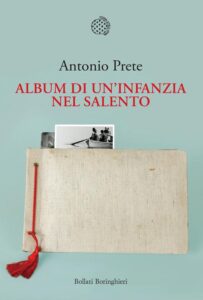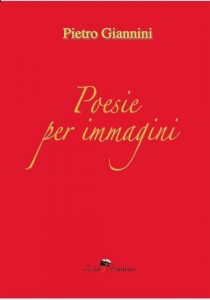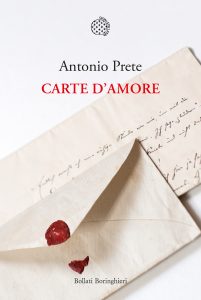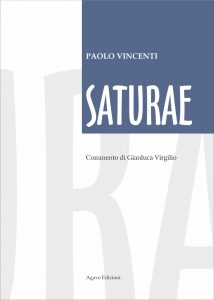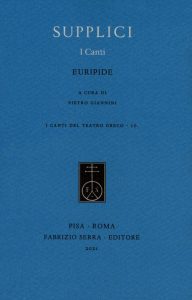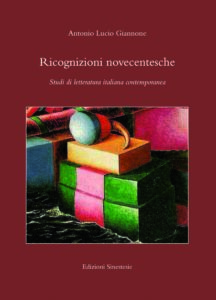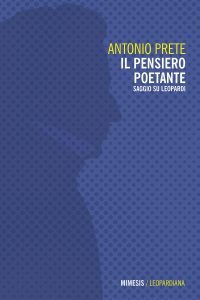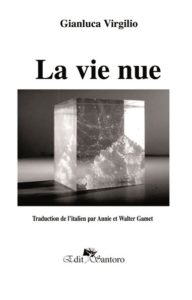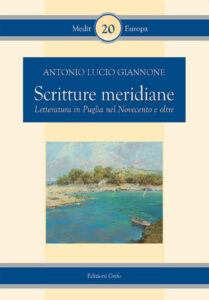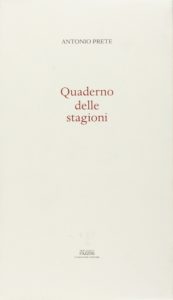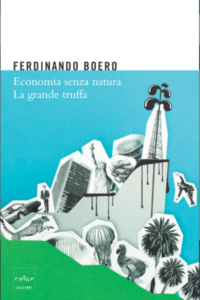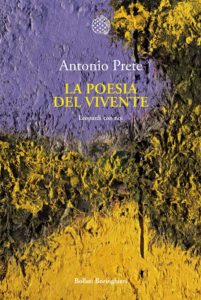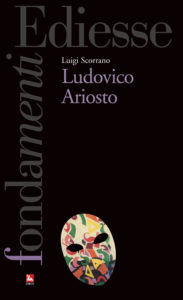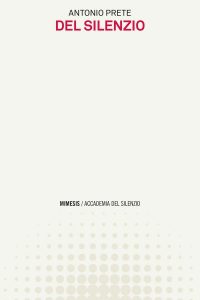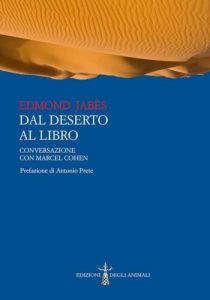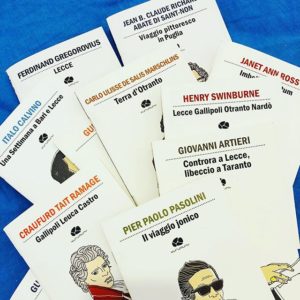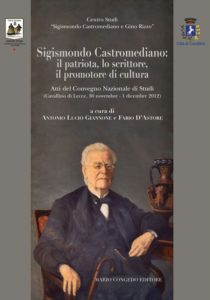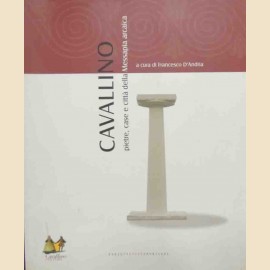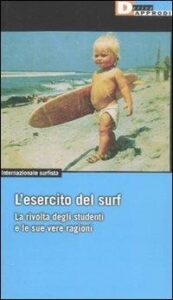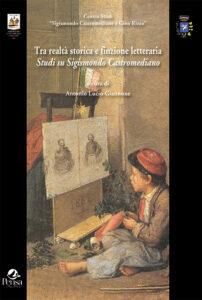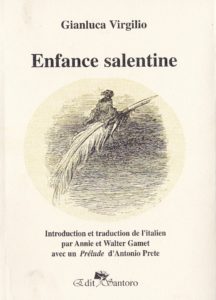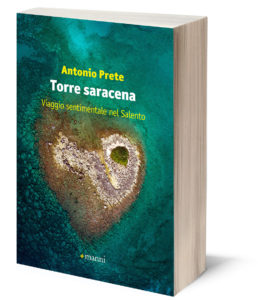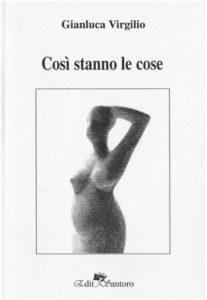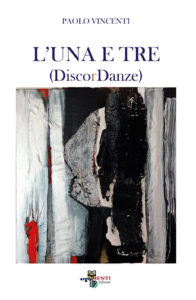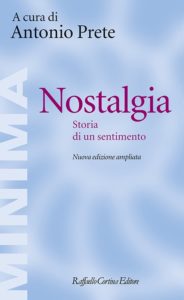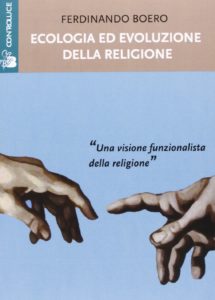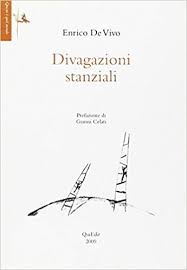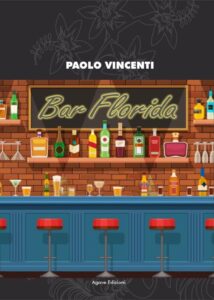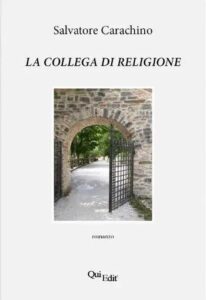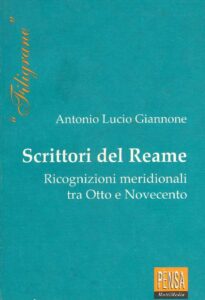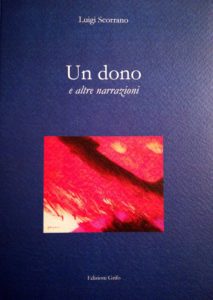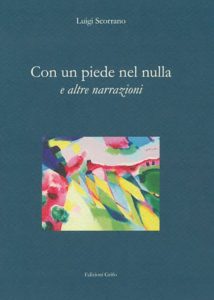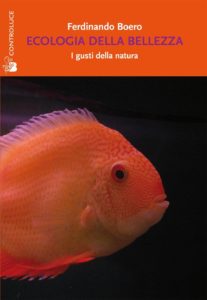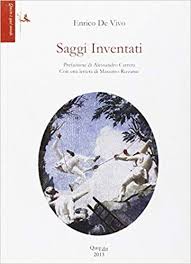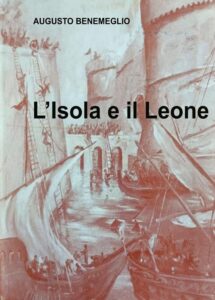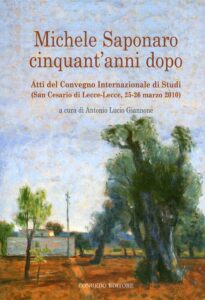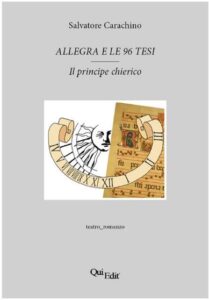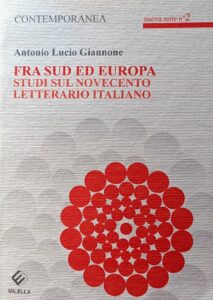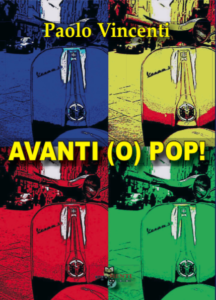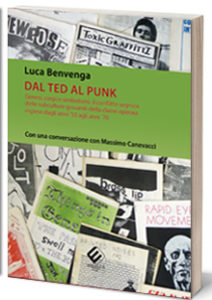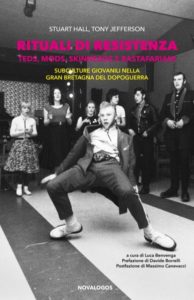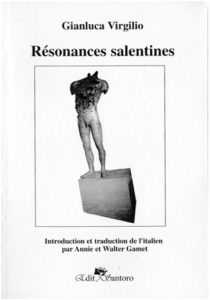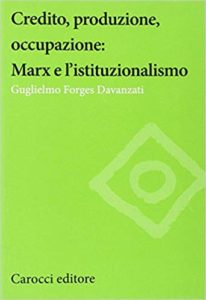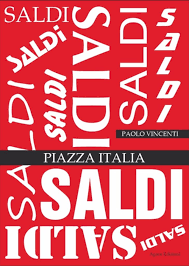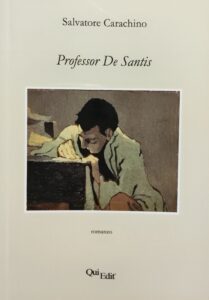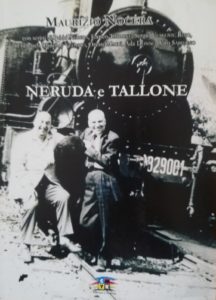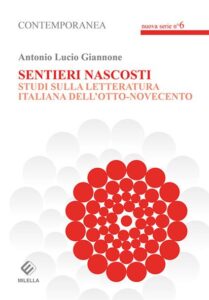di Diego Stefanelli

The ten papers contained in the book edited by Antonio Lucio Giannone (Pisa, Edizioni ETS, 2015) derive from a study seminar on Carlo Levi’s Cristo si è fermato a Eboli. The seminar was organized in Lecce on the 14th and 15th February 2013 by the MOD (Italian Society for the Study of the Literary Modernity), in collaboration with the Department of Humanities of Salento University.
Thanks to itsmultidisciplinary and varied perspective, the book succeeds in offering “a new, more vivid and dynamic image of Cristo”, as Giannone writes in the Preface (6).
Luca Clerici stresses the complex dialectic between text and context, local and national perspective, as well as the “variable equilibrium between literary and extraliterary elements” (13) characterizing the book, which Clerici persuasively defines as an “autobiographical memoirs” built as a “travel account” (12).
Marcella Marmo deals with the revealing encounter with an “archaic South” placed “inside and outside history”. She makes clear the political roots of Levi’s interest in the apparently immobile world of rural civilization and connects it to the writer’s reflection on the State and its relation with individuals.
Developing some intuitions of Italo Calvino, one of the most intelligent readers of Cristo, Rosalba Galvagno uses the theme of the disease as an interpretive key to understand the personal and somewhat thaumaturgic relation between the physician/magician Levi and Aliano’s peasants.
Fabio Moliterni investigates the cultural, historical and political context of Cristo, linking it to the “intellectual and private, historic and generational crisis” (75) of the Thirties and Forties. While connecting Levi’s ideas to some relevant coeval intellectuals (particularly Georges Bataille and Lucién Lévy-Bruhl), Moliterni illustrates the complex and rich cultural references of Levi’s works.

